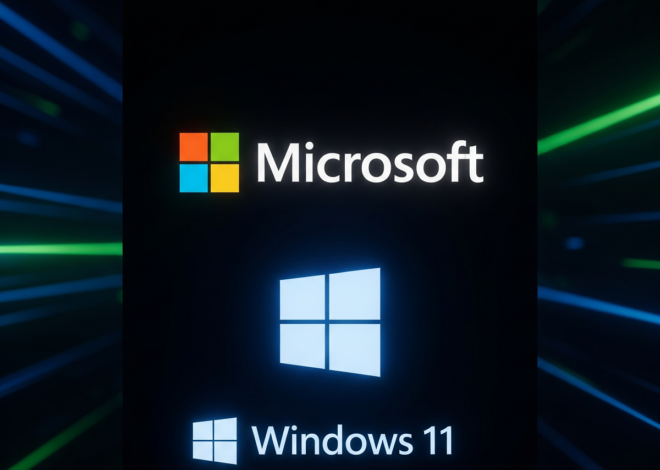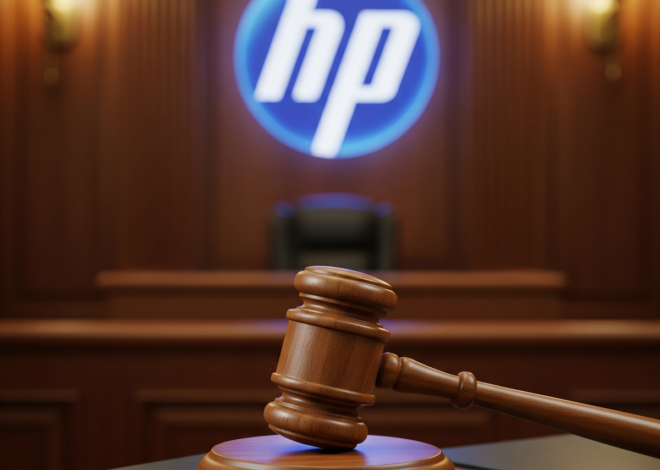
Ripple Challenges SEC’s Enforcement-First Strategy, Calls for Clear Crypto Regulations
- Ripple is urging the SEC to abandon its enforcement-first strategy and instead provide clear regulatory guidance for the crypto industry.
- Ripple criticizes the SEC for misusing the Howey Test to classify digital assets as securities, creating confusion and stifling innovation.
Ripple is urging the U.S. Securities and Exchange Commission (SEC) to abandon its enforcement-first approach and instead provide clear regulatory guidance for cryptocurrency companies. Following a significant legal victory, the blockchain company criticized the SEC’s previous administration for sowing confusion in the crypto industry by enforcing standards that were not explicitly outlined in law.
Ripple Calls for Clarity in Crypto Regulations
In response to the SEC’s February 21, 2025, statement titled “There must be some way out of here” (the “RFI”), Ripple pushed for a shift toward law-first clarity. The company referenced Bob Dylan’s famous lyric, “There’s too much confusion, I can’t get no relief,” to highlight the SEC’s history of inconsistent enforcement, which Ripple argues has hindered the growth of the digital asset sector.
Stuart Alderoty, Ripple’s Chief Legal Officer, echoed this sentiment, accusing the SEC of deliberately fostering uncertainty to obscure its failure to adhere to established legal principles. He emphasized that the commission should focus on providing transparent guidelines instead of taking legal action against companies retroactively.
Ripple Criticizes SEC’s Use of the Howey Test
Ripple also took aim at the SEC’s application of the Howey Test, a decades-old legal framework used to determine whether an asset qualifies as a security. The crypto firm contends that the SEC has misused the test to classify digital assets as securities, even when they lack the necessary characteristics such as binding agreements or profit participation requirements. According to Ripple, this approach has stifled innovation and discouraged blockchain projects from launching or expanding within the U.S.
A Call for Regulatory Sandboxes and Safe Harbor Provisions
Beyond criticism, Ripple proposed a constructive path forward. The company reaffirmed its support for regulatory sandboxes and safe harbor provisions, citing their success in jurisdictions like the UK, Switzerland, and Singapore. These measures, according to Ripple, would allow blockchain startups to grow without facing immediate and arbitrary enforcement actions.
Furthermore, the company emphasized that the SEC does not have jurisdiction over most digital assets, as it can only regulate securities as defined by the Securities Act. Ripple also urged the commission to clarify its stance on staking and yield-based activities on public blockchain networks, which the company believes should not be categorized as securities.
Moving Toward a More Transparent Future
Ripple acknowledged a positive step taken by the SEC—the decision to classify meme coins as non-securities. However, the firm maintains that future regulations should be grounded in existing laws rather than arbitrary new standards that could destabilize markets.
With its latest call to action, XRP is doubling down on its push for a regulatory framework that fosters innovation while providing clarity for market participants. Whether the SEC will heed this request remains to be seen, but the ongoing legal and regulatory battles in the crypto space are far from over.


